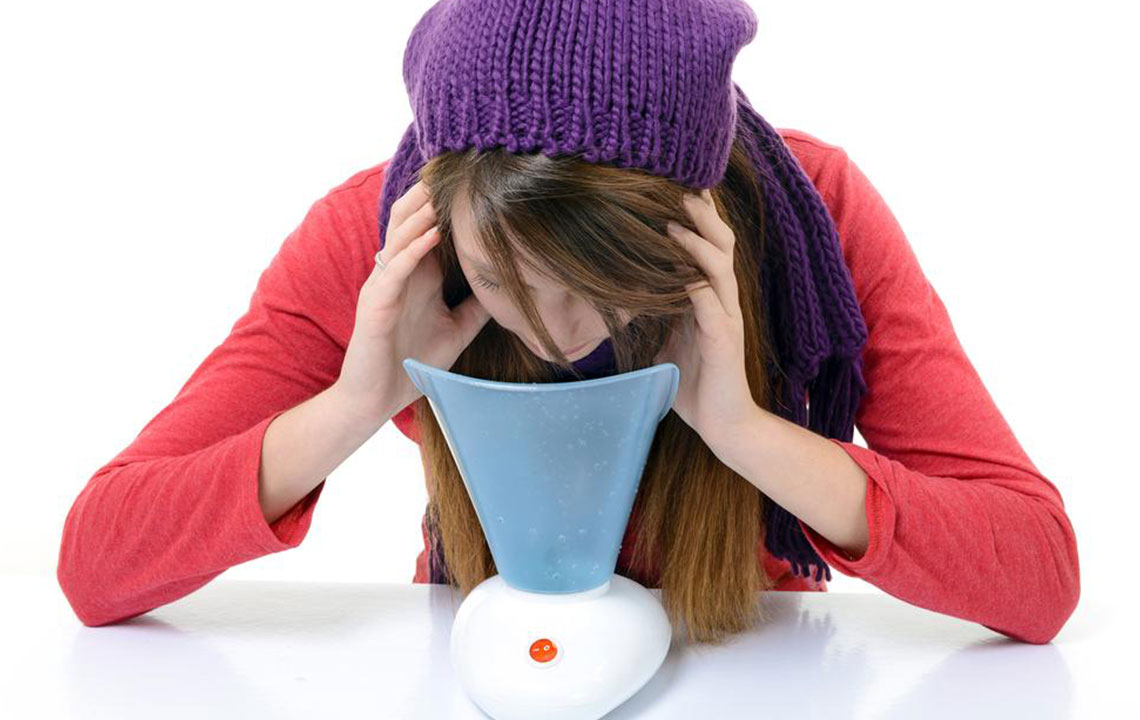Comprehensive Guide to Sinus Infection Symptoms and Treatments
Explore comprehensive details about sinus infection symptoms, types, causes, and treatments. Learn how to recognize signs early and manage the condition effectively. Find tips for prevention and when to seek medical help to ensure proper care and relief from sinus discomfort.

Understanding Sinus Infection Signs and How to Manage Them
Sinus infections can be mistaken for the common cold, but their symptoms tend to last longer and are more persistent. While not caused directly by colds, they can sometimes develop following respiratory infections. Recognizing the symptoms early is key to effective treatment.
Key Symptoms of Sinusitis
Pressure around the eyes and cheeks, sometimes affecting vision. Fever and severe discomfort may accompany these symptoms.
Discomfort worsens when bending over or lying down. A prolonged runny nose, headaches, tooth pain, and forehead pressure are common. Sinusitis may also cause bad breath, cough, and ear issues, with dizziness and a heavy head sensation.
Yellow-green nasal mucus, possibly with blood or pus.
Unusual fatigue and reduced smell perception.
Types of Sinuses and Their Impact
Paranasal sinuses include frontal, maxillary, ethmoidal, and sphenoidal cavities. Maxillary sinuses cause cheek pain, while frontal sinuses affect the forehead area. Ethmoidal sinuses lead to pain between and behind the eyes, and sphenoidal sinuses cause pressure at the back of the head.
Classifications of Sinusitis
Acute Sinusitis: Lasts up to four weeks, with symptoms varying in severity.
Recurrent Sinusitis: Four or more episodes per year.
Subacute: Duration between 4 and 12 weeks, a transitional phase.
Chronic Sinusitis: Symptoms persist beyond 12 weeks.
Exacerbations: Flare-ups of chronic sinusitis symptoms that temporarily worsen.
Causes of Sinus Infections
Primarily caused by viruses, bacteria, fungi, or environmental pollutants. Fungal sinusitis, triggered by airborne fungi, is a common allergic form. Risk factors include respiratory infections, nasal polyps, immune weakness, allergies, and structural issues like a deviated septum.
Treatment Options
Most sinus infections resolve with antibiotics or may sometimes clear on their own. Treatments include antibiotics such as amoxicillin, sinus rinses, steroids, decongestants, and mucus thinners. Persistent cases may require consultation with an ENT specialist. Risk groups like smokers and allergy sufferers should be particularly cautious. Severe cases may necessitate surgical intervention to drain inflamed sinuses.
Preventative measures include good hygiene, avoiding smoking, and staying updated on immunizations. During early stages, monitoring and proper management are vital. Treatment varies: viral infections often require observation, bacterial sinusitis is treated with antibiotics, and allergies may need antihistamines.










